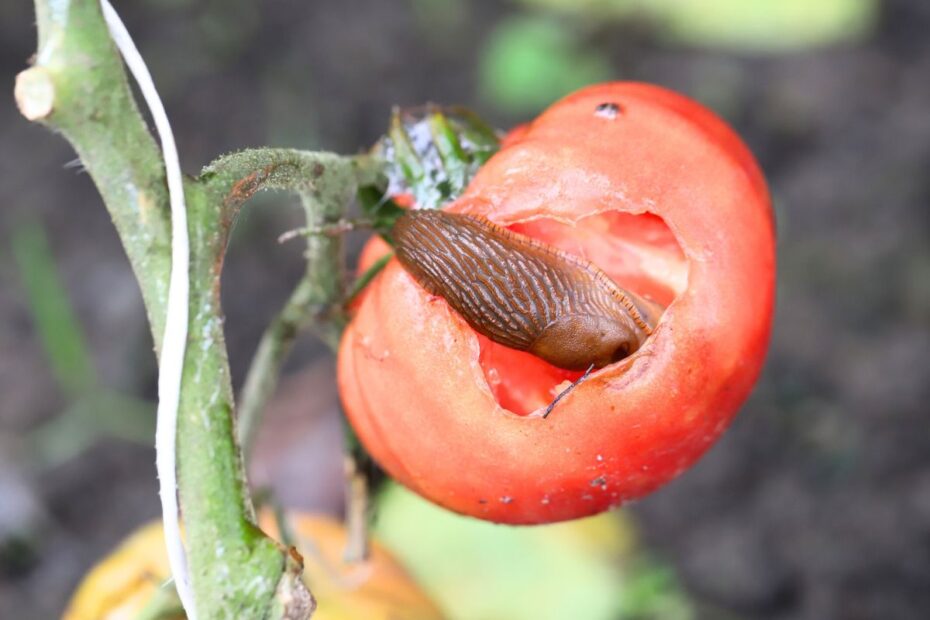With warmer days, gardens burst back to life. But while flowers bloom and vegetables grow, caterpillars, aphids, and slugs also make their appearance—often in numbers that frustrate gardeners. The challenge is keeping plants healthy without harming the delicate ecosystem that lives alongside them. Here are some eco-friendly solutions to tackle garden pests effectively.
Ladybug larvae and nematodes: natural pest control
Chemical pesticides may promise quick results, but they often harm more than just the pests. For example, many slug pellets contain ferric phosphate, which kills slugs and snails but can also damage earthworms and other beneficial organisms.
Instead, biological alternatives offer a safer option. Nematodes—microscopic worms—can target underground slugs by parasitizing them, reducing damage to plant roots. Similarly, ladybug larvae are highly effective against aphids and scale insects. These natural predators can be purchased and released directly into your garden.
One important note: biological solutions should be used quickly after purchase to ensure their effectiveness. While they may not always work as fast as chemical treatments like rapeseed or paraffin oil sprays, they’re much gentler on pollinators such as bees.
Environmentally safer targeted treatments
When it comes to pests like Colorado potato beetles or caterpillars, avoid broad-spectrum chemicals such as spinosad, which can damage a wide range of insects. Instead, opt for biocontrol methods like nematodes or parasitic wasps, which focus on specific pests without harming other species.
Regulations now require home gardeners to use products labeled “authorized for garden use.” These restrictions are meant to limit the spread of harmful pesticides and encourage more sustainable gardening practices.
A healthier balance in your garden
The goal isn’t to wipe out every insect in sight—many play vital roles in pollination and soil health. By choosing natural pest control methods, you protect your plants while maintaining biodiversity in your garden.
Simple steps like releasing beneficial insects, using nematodes, or turning to selective biocontrol sprays can keep your vegetables and flowers thriving—without relying on harsh chemicals.
In the long run, working with nature instead of against it not only helps your plants grow stronger but also creates a garden that’s healthier, more balanced, and more resilient to future infestations.
